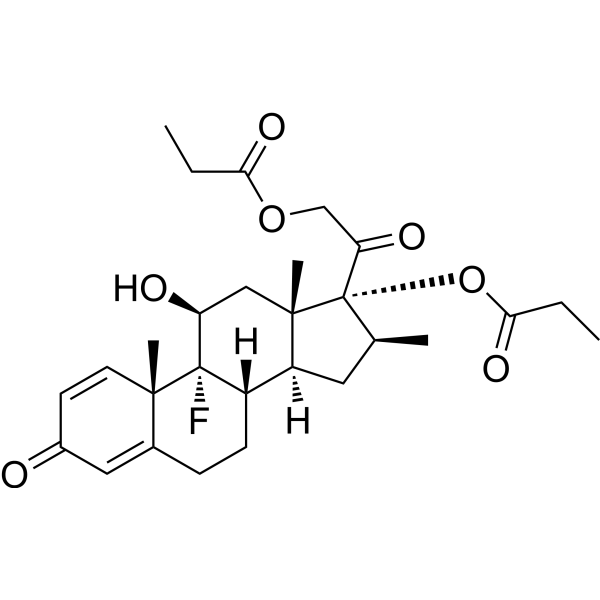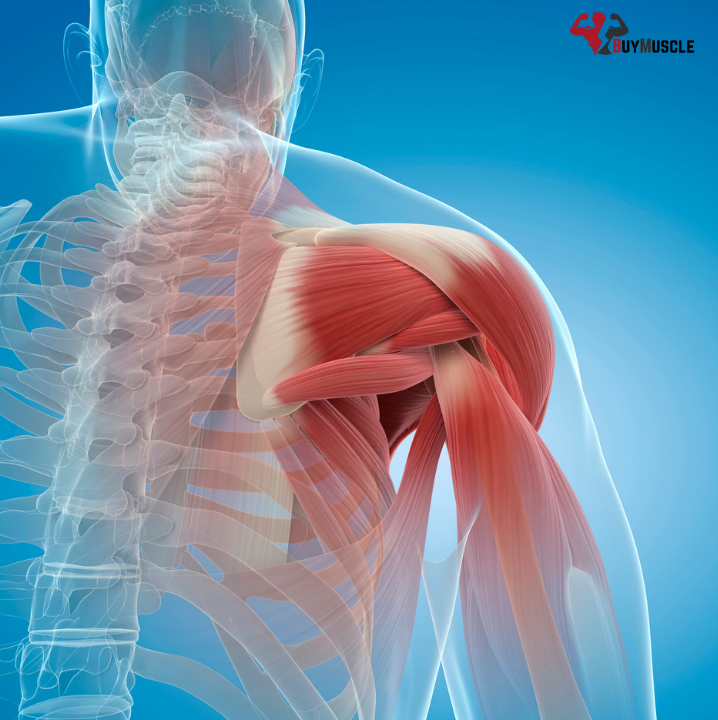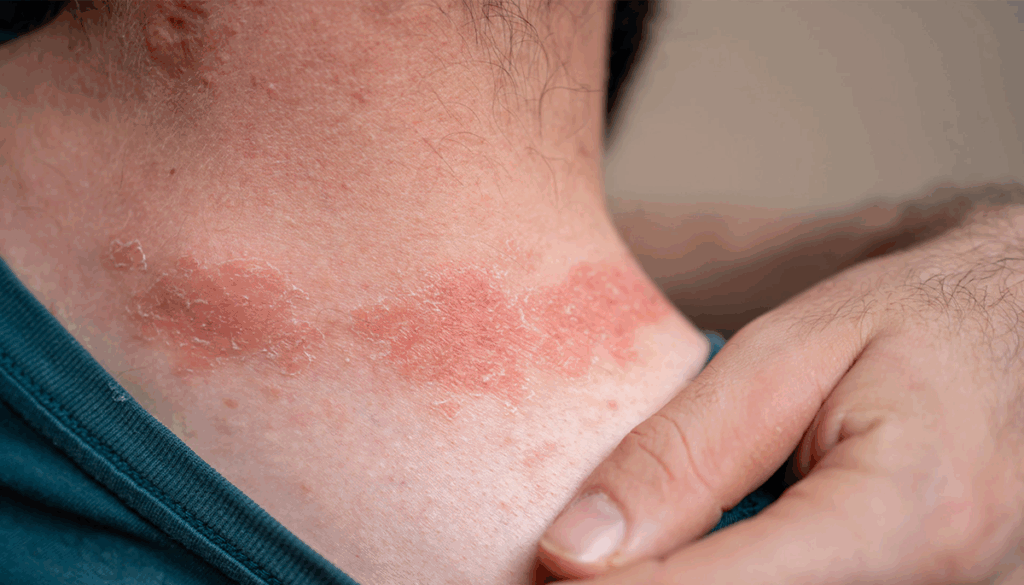Betamethasone dipropionate is an artificial corticosteroid frequently prescribed to manage inflammatory skin issues like eczema, psoriasis, and dermatitis. It is known for its strong anti-inflammatory and immunosuppressive properties, making it effective in managing topical dermatological conditions.
However, some individuals have speculated or experimented with its use for muscle growth or enhancement. These unconventional practices raise important questions about efficacy, safety, and legality.
What Is Betamethasone Dipropionate

Betamethasone dipropionate is a synthetic glucocorticoid used mainly topically to reduce skin inflammation. Corticosteroids function as corticosteroids to reduce swelling, redness, and allergic reactions in the affected area. It works by suppressing immune system activity and preventing substances that cause inflammation from being released.
It is important to distinguish this medication from anabolic steroids. Betamethasone is not an anabolic agent. It does not promote muscle hypertrophy. Instead, experts consider it a catabolic agent. It can contribute to the breakdown of muscle tissue over time, particularly with systemic or prolonged use.
Why Some Think It Could Help Muscle Growth
The term “steroid” often confuses fitness communities, leading some individuals to believe that all steroids promote muscle growth. While anabolic steroids such as testosterone or nandrolone are known for their hypertrophic effects, corticosteroids like betamethasone function very differently.

Some users may mistakenly assume that the reduction of inflammation and pain could translate to faster recovery or greater training capacity. In theory, reduced soreness could allow for more frequent training sessions. However, this assumption comes from a misunderstanding of the physiological role of corticosteroids.
There is no clinical evidence to support the idea that betamethasone dipropionate facilitates muscle growth or athletic performance. Any perceived short-term benefit is more likely the result of symptom suppression rather than actual improvement in muscular development.
The Scientific Reality Between Catabolic vs. Anabolic
The scientific literature is clear in differentiating anabolic and catabolic agents. Anabolic agents increase protein synthesis and promote muscle growth. Catabolic agents, on the other hand, increase protein degradation and may reduce muscle mass.
Corticosteroids such as betamethasone cause muscle protein breakdown, especially when used systemically or for extended periods. Long-term exposure to corticosteroids may lead to muscle wasting, also known as steroid myopathy. This condition involves the weakening and shrinking of skeletal muscles.
Furthermore, corticosteroids suppress the hypothalamic-pituitary-adrenal (HPA) axis, which can lead to reduced endogenous testosterone production. This suppression further impairs the body’s natural anabolic processes, making muscle growth more difficult, not easier.
Potential Short-Term Effects
In the short term, betamethasone dipropionate may reduce localized pain, swelling, or discomfort, especially when applied to inflamed tissues. This anti-inflammatory effect might give users the false impression of improved performance or recovery.
However, such relief is purely symptomatic. It does not indicate tissue repair or muscle growth. Relying on this medication to train harder or more frequently can be counterproductive and may even increase the risk of injury, as the underlying tissue damage remains untreated.
There is no evidence in clinical medicine or sports science that betamethasone dipropionate enhances physical performance or promotes muscle hypertrophy.
Side Effects and Health Risks
Using betamethasone dipropionate without medical supervision, particularly for off-label purposes like muscle growth, carries significant risks.
Typical side effects of using topical corticosteroids are thinning of the skin, development of stretch marks, and a higher risk of skin infections.

When used in large quantities or under occlusion, the medication may become systemically absorbed, leading to hormonal imbalances. Prolonged or excessive use can result in adrenal suppression, which impairs the body’s ability to produce cortisol naturally.
One of the most serious risks associated with high-dose or long-term corticosteroid use is the development of Cushing’s syndrome. This condition causes weight gain, high blood pressure, muscle weakness, and fat redistribution. Additionally, corticosteroids can elevate blood sugar levels and delay wound healing, both of which are detrimental to physical recovery and general health.
Legal and Ethical Concerns
Regulatory authorities do not approve betamethasone dipropionate for use as a performance enhancer or muscle-building agent. Its off-label use for fitness purposes is not only unsupported by medical science but also potentially illegal in certain contexts.
Various anti-doping regulations, including those set by the World Anti-Doping Agency (WADA), classify corticosteroids as prohibited substances in competitive sports. Athletes found using betamethasone systemically or without a therapeutic use exemption (TUE) may face disqualification or suspension.
Even outside of competition, the non-medical use of prescription corticosteroids poses ethical and legal questions. Misuse can lead to complications that require medical intervention and may result in lasting damage to hormonal health.
Safer Alternatives for Muscle Growth
Those looking for muscle growth and better athletic performance should look for evidence-based strategies that look at long-term health and sustainability. The foundation of hypertrophy remains progressive resistance training. A high-protein diet and adequate caloric intake consistently support this method.
In terms of supplementation, compounds such as creatine monohydrate, L-citrulline, beta-alanine, and Ashwagandha offer performance benefits without the systemic risks associated with corticosteroids. These natural supplements can enhance strength, endurance, and recovery safely.
For individuals who require hormonal support due to clinical deficiencies, consultation with a qualified medical provider is essential. Hormone replacement therapy, when medically indicated and monitored, provides a legitimate path to restoring physical vitality without resorting to unapproved or unsafe substances.
Frequently Asked Questions
Can you use betamethasone to get bigger?
There is no scientific evidence that betamethasone can help users get bigger. Its effects are anti-inflammatory, not hypertrophic. Using it for size gain is ineffective and potentially dangerous.
What are the muscle effects of betamethasone?
Betamethasone may lead to muscle weakness or atrophy if used for long periods or in systemic doses. It is associated with muscle breakdown, not muscle gain.
Does using topical steroids improve muscle gain?
Topical steroids like betamethasone dipropionate do not improve muscle gain. They may relieve surface inflammation, but they do not affect muscle development.







